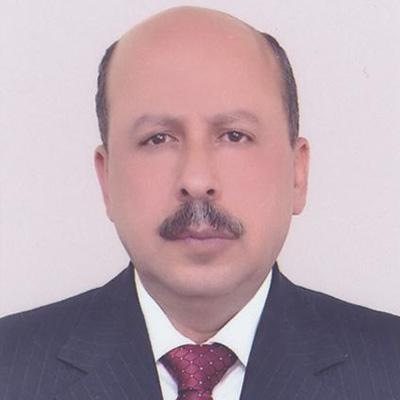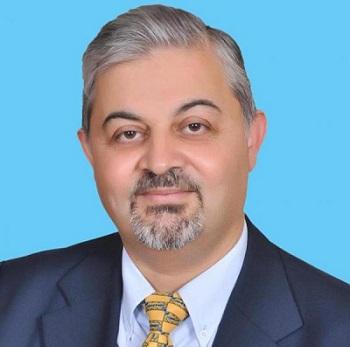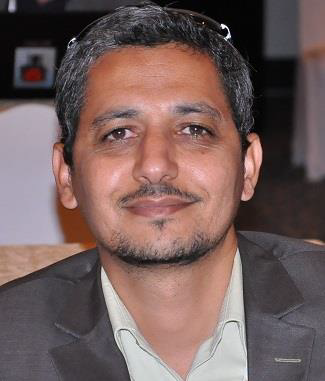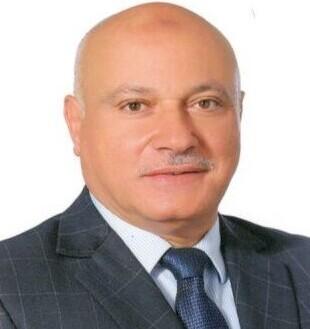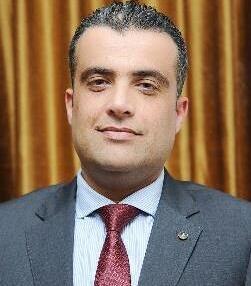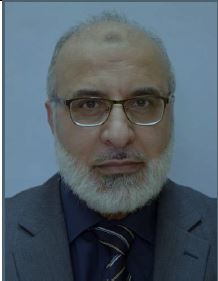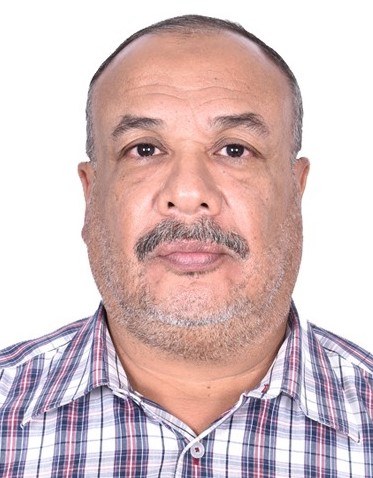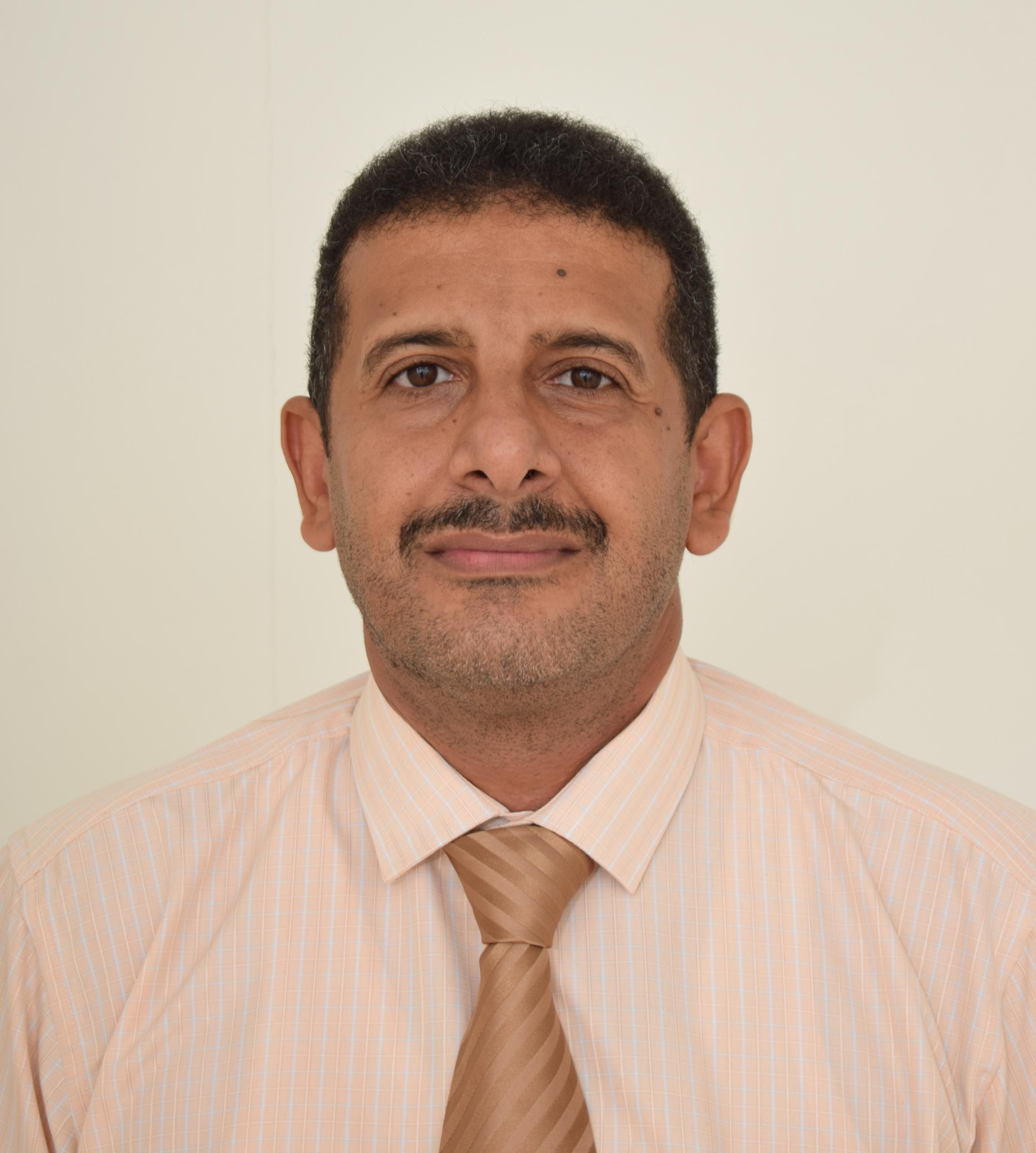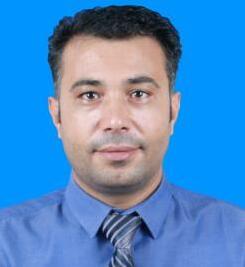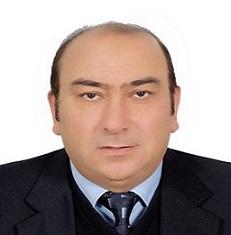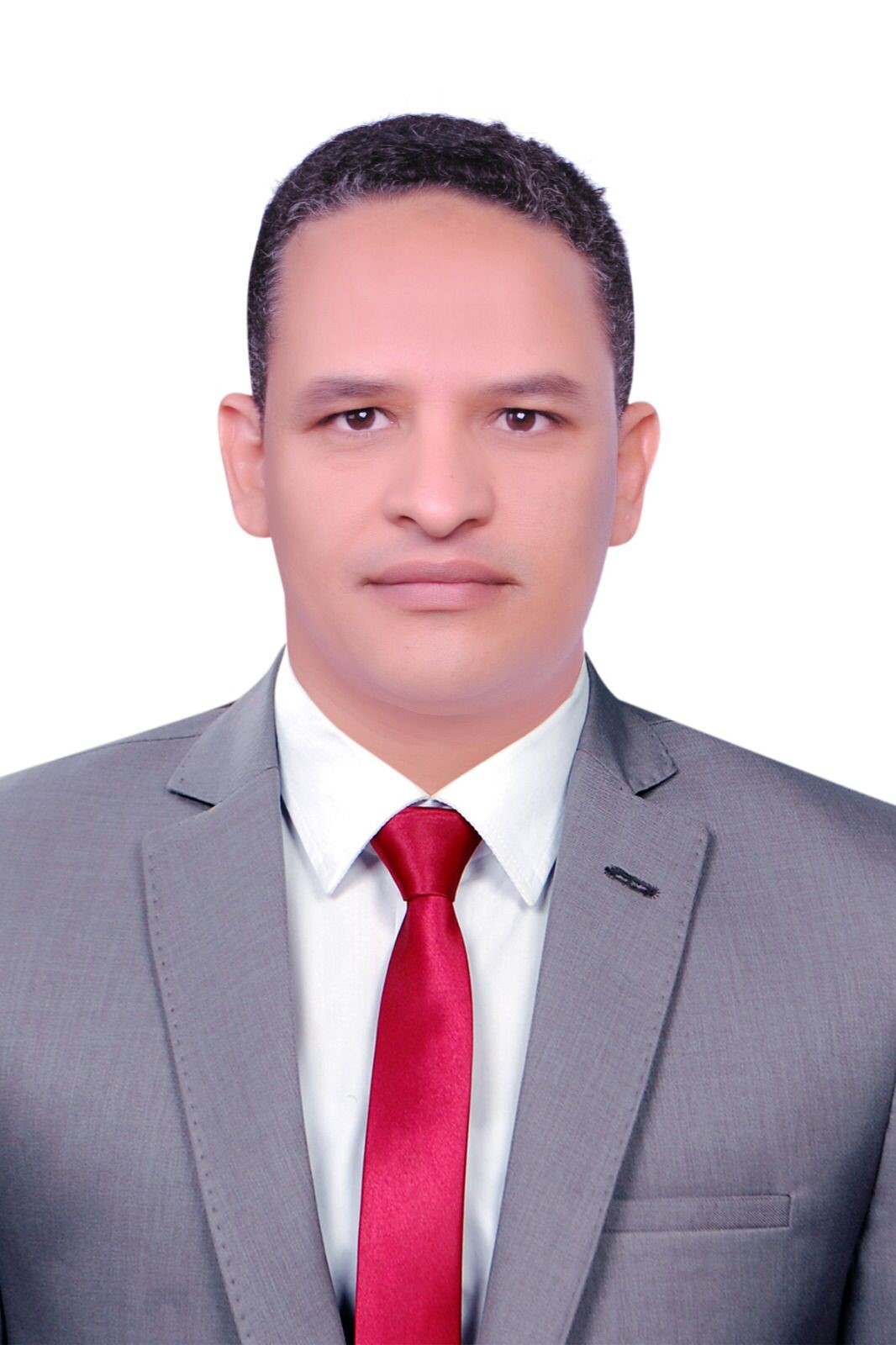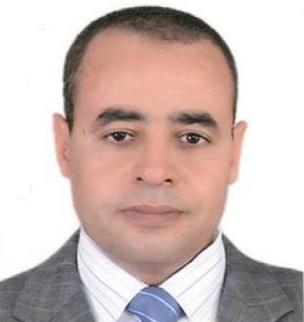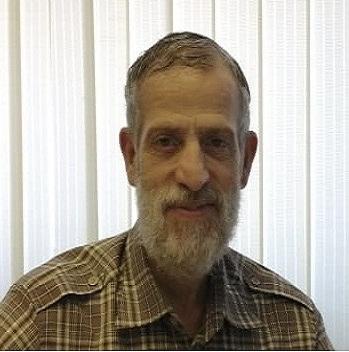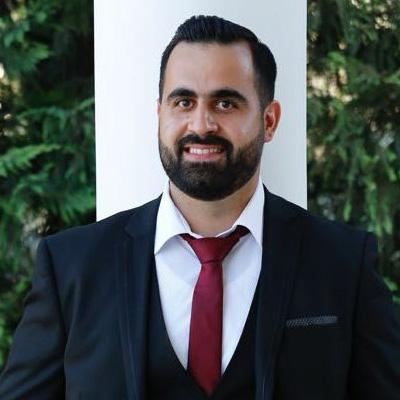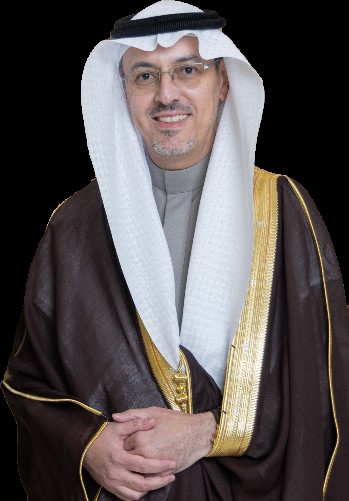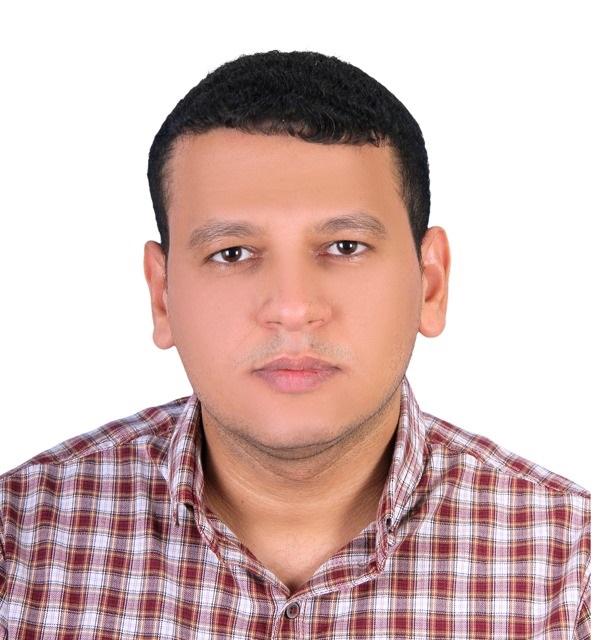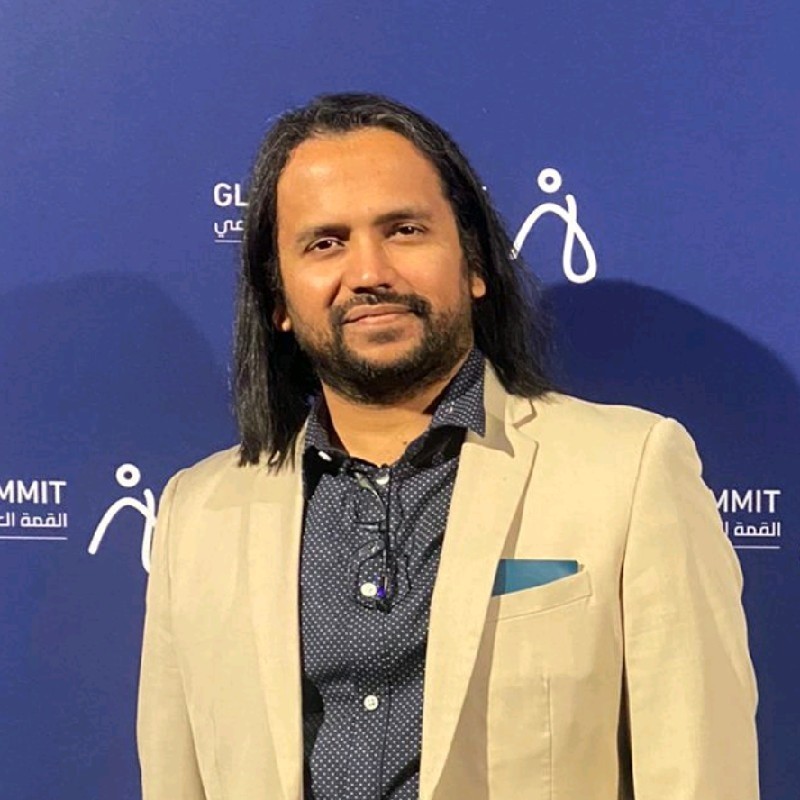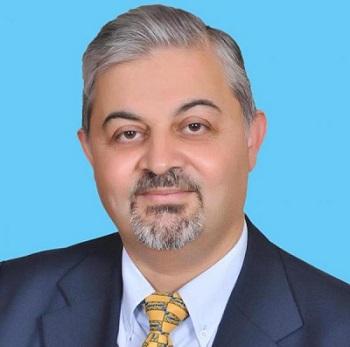
Engineering is the profession that makes our quality of life better.
Welcome to the website of the College of Engineering at Fahad Bin Sultan University.
Here we have the vision to add more quality to the experience of our students as they prepare to embark on life long journeys of identifying and solving problems in various disciplines and walks of life.
That is why we have made it our mission to establish the College of Engineering at FBSU as a distinguished center for teaching, research and entrepreneurship, and community service in the Kingdom of Saudi Arabia. Then, we have developed a strategic plan for the college that focuses on the following areas:
- Improving the learning experience of students in each department by exposing them to efficient teaching and knowledge transfer methodologies.
- Improving the reputation and the perception of the college by potential undergraduate students and external stakeholders.
- Improving the overall efficiency of each department's administrative and student support services and activities.
- Improving the contribution of the college faculty members to global scientific advancement and to major research activities.
Over the last seven years, the age of our college, we have developed a culture of achievement, integrity, and perseverance among the members of the college, staff and students alike. Our efforts in this regard have resulted in the major contribution our college made in helping FBSU to achieve Institutional Accreditation from the Education Evaluation Commission - Higher Education Sector in the Kingdom of Saudi Arabia. A milestone that puts the university in general and the college in particular on a path for continuous improvement and achievement, especially in terms of aiming at program accreditation in the three departments that make our college, namely Civil, Electrical, and Mechanical Engineering.
Furthermore, in order to raise the bar for our standards, we have started the preparations to launch graduate programs in both Civil and Electrical Engineering to respond to the growing need for engineering graduates with advanced degrees capable of contributing, as leaders, to the increasingly noticeable growth in the region of Tabuk and in the Kingdom.
Finally, I hope your experience browsing the different sections of our website would be both enjoyable and informative.
Thank you
Prof. Khaldoon A. Bani-Hani
Dean
College of Engineering
Vision
“To be a beacon of engineering excellence in the Kingdom of Saudi Arabia and beyond, shaping a future driven by innovation, research, and societal impact.”
▪ Educates future-ready engineers
▪ Pioneers cutting-edge research and development
▪ Fosters a culture of innovation and entrepreneurship
▪ Collaborates for impact
▪ Embraces sustainability
▪ Serves as a role model for the region
We believe that our College of Engineering has the potential to be a driving force in shaping the future of the Kingdom and the world. By nurturing talent, fostering innovation, and collaborating for impact, we will empower our students to become the engineers who build a better tomorrow.
Mission
To ignite the passion for engineering excellence, equipping our students with the knowledge, skills, and values to become transformative leaders who solve global challenges, drive innovation, long life learning and community engagement, and build a sustainable future for the Kingdom of Saudi Arabia and the world.
▪ Providing a rigorous and dynamic learning environment
▪ Empowering ethical and responsible engineers
▪ Fostering collaboration and entrepreneurship
▪ Conducting cutting-edge research
▪ Engaging with our community
Core Values
The main core values that guide the decisions and actions at the college of engineering are:
1. Academic excellence
2. Integrity and Ethics
3. Creativity and Innovation
4. Community Engagement and Service
5. Sustainability and Environmental Stewardship
College Objectives
1. Graduate Employable Engineers:
▪ Equip graduates with the technical knowledge, skills, and problem-solving abilities to excel in the dynamic engineering job market.
▪ Foster industry partnerships and internship opportunities, providing practical experience and building career connections.
▪ Offer career guidance and mentorship programs, preparing graduates for professional success and lifelong learning.
2. Conduct Groundbreaking Research:
▪ Establish FBSU as a leading research hub in the region, attracting top talent and funding for critical engineering challenges.
▪ Promote interdisciplinary collaboration, fostering innovation and tackling complex problems with diverse perspectives.
▪ Translate research findings into tangible solutions for the Kingdom's development and global impact.
3. Cultivate Pioneering Leaders:
▪ Nurture creativity and entrepreneurial spirit, empowering students to develop game-changing ideas and turn them into reality.
▪ Provide access to venture capital and incubation facilities, supporting student startups and driving economic growth.
▪ Foster a culture of risk-taking, resilience, and leadership, preparing graduates to navigate the ever-changing world of engineering.
4. Bridging Gaps with Community Engagement:
▪ Serve as a vital resource for the local and broader community, addressing their needs through engineering expertise.
▪ Implement outreach programs, workshops, and community projects, fostering collaboration and mutual understanding.
▪ Develop sustainable solutions for local challenges, improving infrastructure, promoting environmental awareness, and enhancing quality of life.
5. Set the Standard for Excellence:
▪ Continuously strive for academic rigor and development, benchmarking against international engineering programs.
▪ Recruit and retain top-tier faculty, providing them with resources and support for teaching, research, and professional development.
▪ Foster a culture of continuous improvement, regularly evaluating and adapting programs to meet evolving industry needs and global trends.
Learning Outcomes
A. ABET Student Learning Outcomes (SLOs) and their Performance Indicators (PIs)
|
Student Learning Outcome (SLO) |
Performance Indicator (PI) |
|
1) an ability to identify, formulate, and solve complex engineering problems by applying principles of engineering, science, and mathematics. |
1a- an ability to identify the principles of engineering, science, and mathematics. |
|
1b- an ability to formulate complex engineering problems based on the principles of engineering, science, and mathematics. |
|
|
1c- an ability to apply engineering, science, and mathematics principles to solve complex engineering problems. |
|
|
2) an ability to apply engineering design to produce solutions that meet specified needs with consideration of public health, safety, and welfare, as well as global, cultural, social, environmental, and economic factors. |
2a- an ability to produce a clear needs statement in a design project, identify design problem constraints, and establish criteria for solutions acceptability and desirability. |
|
2b- an ability to evaluate and analyze the economics of an engineering problem solution and to use appropriate analysis techniques to characterize and respond to risks in product or process design. |
|
|
3) an ability to communicate effectively with a range of audiences. |
3- an ability to communicate effectively with a range of audiences. |
|
4) an ability to recognize ethical and professional responsibilities in engineering situations and make informed judgments, which must consider the impact of engineering solutions in global, economic, environmental, and societal contexts. |
4a- an ability to recognize ethical and professional responsibilities in engineering situations. |
|
4b- an ability to evaluate alternative engineering solutions, which consider design conflict issues in economic, environmental, and societal contexts |
|
|
5) an ability to function effectively on a team whose members together provide leadership, create a collaborative and inclusive environment, establish goals, plan tasks, and meet objectives. |
5a- an ability to recognize participants roles in a team setting, fulfill appropriate roles to assure team success, integrate inputs from all team members, and make decisions in relation to objectives criteria. |
|
5b- an ability to monitor team progress and make suggestions accordingly. |
|
|
6) an ability to develop and conduct appropriate experimentation, analyze and interpret data, and use engineering judgment to draw conclusions. |
6a- an ability to show good lab practice and instrumentation skills to measure specific quantities and extract required data.
|
|
6b- an ability to use appropriate tools to analyze data and verify and validate experimental results, while accounting for experimental errors. |
|
|
7) an ability to acquire and apply new knowledge as needed, using appropriate learning strategies. |
7- an ability to express awareness of continuous learning and research, after graduation, and find information relevant to problem solutions without guidance. |
University Requirements
Students working towards a BES degree must complete a total of 37 credit hours in University requirements. The 37 credit hours in University general educational requirements for BES programs are as follows:
• 6 credits of Arabic: ARAB 101and 201
• 15 credits of English communication skills: ENGL 100, 101, 102, 203 and 206
• 6 credits of social and cultural studies: SOCS 101, and Free elective
• 6 credits of mathematics: MATH 100, STAT 100
• 3 credits of computing: IT 100
• 1 Physical and Health Education: PHE 101
College Requirements
The College of Engineering requirements for the BES degree are 40 credit hours including the following requirements:
• 11 credits in Sciences: PHYS 101, PHYS 102, PHYS 103L and CHEM 101/L
• 18 credits in Mathematics: MATH 101,102, 201, 202, 215, and STAT 230
• 6 credits of computing: CSC101, ELEE 230
• 3 credits in Engineering Economy: COEN 300
• 1 credits in Engineering Ethics: COEN 401
• 1 Engineering Drawing: CIVE 205
Program Requirements
The specific program requirements are shown under the respective department section. The total number of credit hours required in the four majors is as follows:
• Civil Engineering: 159 (for BES in CE)
• Electrical Engineering: 159 (for BES in EE)
• Mechanical Engineering: 158 (for BES in ME)
• Renewable Energy Engineering: 159 (for BES in EE)
Admission Requirements And Procedures
FBSU seeks students with a sound academic record, good personal character, strong interest to serve their communities, and eagerness to serve as professionals in allied fields. Students with the most promising overall profile will be selected to join the academic programs offered in the Colleges of Computing, Business and Management, Engineering, or Medicine.
University Admission Criteria
Applicants to FBSU must satisfy the following eligibility requirements:
▪ Hold a Secondary Education Certificate from KSA or any equivalent certificate attained within the past five years.
▪ Passed the National Skills Exam for applicants holding the Saudi Secondary Certificate.
▪ Be physically fit.
▪ Have not been dismissed from any academic institution.
▪ Fulfill program requirements.
▪ Fulfill other University requirements.
Application Process
Applicants are required to fill out an application form available at the Office of Admissions, and submit it with the following documents:
▪ A certified copy of the Secondary Education Certificate or an equivalent certificate.
▪ A certified copy of the National Skills Exam results for applicants holding the Saudi Secondary Certificate.
▪ A copy of the Citizenship Card or the Residence Permit (Iqama) for non-Saudis.
▪ Four colored passport photos.
▪ Non-refundable application fee.
All documents received by the Office of Admissions become the property of FBSU, and thus cannot be returned. Applications for the fall semester are accepted until mid-July and applications for the spring semester are accepted until mid-December.
Admission Notification
Applicants who are admitted to an academic program at FBSU are notified between August 1 and August 15 for the first semester, and between January 1 and January 15 for the second semester. Admitted students will be provided with a pamphlet containing all the necessary guidelines to proceed to the registration and payment processes.
Students who have been informed of their initial acceptance but did not register during the registration period, their acceptance will be revoked unless the student requested deferred entry.
Program Overview
The Bridging Year Program (BYP) provides opportunities for students who hold a diploma from a two- or three- year technical college to pursue a Bachelor’s degree at Fahad Bin Sultan University. The courses of this Program are designed to bridge the gap between a student’s prior education and the requirements of the third year university courses as seamless as possible. The Program could be completed in two semesters or more depending on the entry level of the student, his/her skills, and the sought program of study. Students who pass the BYP need to spend the third and fourth years of the Bachelor’s degree at FBSU.
The BYP is offered in the following majors:
▪ College of Business and Management: Business Administration, Accounting, Finance, Marketing, and Human Resources.
▪ College of Computing: Computer Science, Information Technology, and Computer Engineering.
▪ College of Engineering: Civil, Electrical, Mechanical Engineering, and Renewable Energy.
Vision
To prepare holders of associate degrees for smooth transition into university education.
Mission
The BYP seeks to prepare holders of associate degrees to smoothly continue their education in the appropriate majors at FBSU.
Program Objectives
The BYP has two main objectives:
1. Develop students' scientific competencies and increase their opportunities to succeed in their academic courses and future careers
2. Improve students' English language proficiency, IT skills, and knowledge in natural and basic sciences.
Program Learning Outcomes
The BYP is designed to help students develop basic skills and competencies that will prepare them to better engage their major course of study. Students who successfully complete the BYP will be able to:
a) Effectively utilize the English language essential to their success at the University.
b) Demonstrate the use of mathematical skills to solve various mathematical problems.
c) Apply study skills necessary for success at the college level.
Admission
To be admitted to the BYP, a diploma graduate must:
1. Satisfy University admission criteria; see the “University admission criteria’’.
2. Be a graduate of a KSA-accredited academic organization.
3. Have passed the official technical exam administered by the relevant governmental authority in case the Diploma was issued by a private academic institution.
4. Have a Secondary School degree (scientific stream) for admission to the Colleges of Computing and Engineering.
Duration of the Program
The duration of the BYP is normally one or two semesters depending on the entry level of the student, his/her performance, and the sought program of study.
Vision
“To be a beacon of engineering excellence in the Kingdom of Saudi Arabia and beyond, shaping a future driven by innovation, research, and societal impact.”
▪ Educates future-ready engineers
▪ Pioneers cutting-edge research and development
▪ Fosters a culture of innovation and entrepreneurship
▪ Collaborates for impact
▪ Embraces sustainability
▪ Serves as a role model for the region
We believe that our College of Engineering has the potential to be a driving force in shaping the future of the Kingdom and the world. By nurturing talent, fostering innovation, and collaborating for impact, we will empower our students to become the engineers who build a better tomorrow.
Mission
To ignite the passion for engineering excellence, equipping our students with the knowledge, skills, and values to become transformative leaders who solve global challenges, drive innovation, long life learning and community engagement, and build a sustainable future for the Kingdom of Saudi Arabia and the world.
▪ Providing a rigorous and dynamic learning environment
▪ Empowering ethical and responsible engineers
▪ Fostering collaboration and entrepreneurship
▪ Conducting cutting-edge research
▪ Engaging with our community
Core Values
The main core values that guide the decisions and actions at the college of engineering are:
1. Academic excellence
2. Integrity and Ethics
3. Creativity and Innovation
4. Community Engagement and Service
5. Sustainability and Environmental Stewardship
College Objectives
1. Graduate Employable Engineers:
▪ Equip graduates with the technical knowledge, skills, and problem-solving abilities to excel in the dynamic engineering job market.
▪ Foster industry partnerships and internship opportunities, providing practical experience and building career connections.
▪ Offer career guidance and mentorship programs, preparing graduates for professional success and lifelong learning.
2. Conduct Groundbreaking Research:
▪ Establish FBSU as a leading research hub in the region, attracting top talent and funding for critical engineering challenges.
▪ Promote interdisciplinary collaboration, fostering innovation and tackling complex problems with diverse perspectives.
▪ Translate research findings into tangible solutions for the Kingdom's development and global impact.
3. Cultivate Pioneering Leaders:
▪ Nurture creativity and entrepreneurial spirit, empowering students to develop game-changing ideas and turn them into reality.
▪ Provide access to venture capital and incubation facilities, supporting student startups and driving economic growth.
▪ Foster a culture of risk-taking, resilience, and leadership, preparing graduates to navigate the ever-changing world of engineering.
4. Bridging Gaps with Community Engagement:
▪ Serve as a vital resource for the local and broader community, addressing their needs through engineering expertise.
▪ Implement outreach programs, workshops, and community projects, fostering collaboration and mutual understanding.
▪ Develop sustainable solutions for local challenges, improving infrastructure, promoting environmental awareness, and enhancing quality of life.
5. Set the Standard for Excellence:
▪ Continuously strive for academic rigor and development, benchmarking against international engineering programs.
▪ Recruit and retain top-tier faculty, providing them with resources and support for teaching, research, and professional development.
▪ Foster a culture of continuous improvement, regularly evaluating and adapting programs to meet evolving industry needs and global trends.
Learning Outcomes
A. ABET Student Learning Outcomes (SLOs) and their Performance Indicators (PIs)
|
Student Learning Outcome (SLO) |
Performance Indicator (PI) |
|
1) an ability to identify, formulate, and solve complex engineering problems by applying principles of engineering, science, and mathematics. |
1a- an ability to identify the principles of engineering, science, and mathematics. |
|
1b- an ability to formulate complex engineering problems based on the principles of engineering, science, and mathematics. |
|
|
1c- an ability to apply engineering, science, and mathematics principles to solve complex engineering problems. |
|
|
2) an ability to apply engineering design to produce solutions that meet specified needs with consideration of public health, safety, and welfare, as well as global, cultural, social, environmental, and economic factors. |
2a- an ability to produce a clear needs statement in a design project, identify design problem constraints, and establish criteria for solutions acceptability and desirability. |
|
2b- an ability to evaluate and analyze the economics of an engineering problem solution and to use appropriate analysis techniques to characterize and respond to risks in product or process design. |
|
|
3) an ability to communicate effectively with a range of audiences. |
3- an ability to communicate effectively with a range of audiences. |
|
4) an ability to recognize ethical and professional responsibilities in engineering situations and make informed judgments, which must consider the impact of engineering solutions in global, economic, environmental, and societal contexts. |
4a- an ability to recognize ethical and professional responsibilities in engineering situations. |
|
4b- an ability to evaluate alternative engineering solutions, which consider design conflict issues in economic, environmental, and societal contexts |
|
|
5) an ability to function effectively on a team whose members together provide leadership, create a collaborative and inclusive environment, establish goals, plan tasks, and meet objectives. |
5a- an ability to recognize participants roles in a team setting, fulfill appropriate roles to assure team success, integrate inputs from all team members, and make decisions in relation to objectives criteria. |
|
5b- an ability to monitor team progress and make suggestions accordingly. |
|
|
6) an ability to develop and conduct appropriate experimentation, analyze and interpret data, and use engineering judgment to draw conclusions. |
6a- an ability to show good lab practice and instrumentation skills to measure specific quantities and extract required data.
|
|
6b- an ability to use appropriate tools to analyze data and verify and validate experimental results, while accounting for experimental errors. |
|
|
7) an ability to acquire and apply new knowledge as needed, using appropriate learning strategies. |
7- an ability to express awareness of continuous learning and research, after graduation, and find information relevant to problem solutions without guidance. |
University Requirements
Students working towards a BES degree must complete a total of 37 credit hours in University requirements. The 37 credit hours in University general educational requirements for BES programs are as follows:
• 6 credits of Arabic: ARAB 101and 201
• 15 credits of English communication skills: ENGL 100, 101, 102, 203 and 206
• 6 credits of social and cultural studies: SOCS 101, and Free elective
• 6 credits of mathematics: MATH 100, STAT 100
• 3 credits of computing: IT 100
• 1 Physical and Health Education: PHE 101
College Requirements
The College of Engineering requirements for the BES degree are 40 credit hours including the following requirements:
• 11 credits in Sciences: PHYS 101, PHYS 102, PHYS 103L and CHEM 101/L
• 18 credits in Mathematics: MATH 101,102, 201, 202, 215, and STAT 230
• 6 credits of computing: CSC101, ELEE 230
• 3 credits in Engineering Economy: COEN 300
• 1 credits in Engineering Ethics: COEN 401
• 1 Engineering Drawing: CIVE 205
Program Requirements
The specific program requirements are shown under the respective department section. The total number of credit hours required in the four majors is as follows:
• Civil Engineering: 159 (for BES in CE)
• Electrical Engineering: 159 (for BES in EE)
• Mechanical Engineering: 158 (for BES in ME)
• Renewable Energy Engineering: 159 (for BES in EE)
Admission Requirements And Procedures
FBSU seeks students with a sound academic record, good personal character, strong interest to serve their communities, and eagerness to serve as professionals in allied fields. Students with the most promising overall profile will be selected to join the academic programs offered in the Colleges of Computing, Business and Management, Engineering, or Medicine.
University Admission Criteria
Applicants to FBSU must satisfy the following eligibility requirements:
▪ Hold a Secondary Education Certificate from KSA or any equivalent certificate attained within the past five years.
▪ Passed the National Skills Exam for applicants holding the Saudi Secondary Certificate.
▪ Be physically fit.
▪ Have not been dismissed from any academic institution.
▪ Fulfill program requirements.
▪ Fulfill other University requirements.
Application Process
Applicants are required to fill out an application form available at the Office of Admissions, and submit it with the following documents:
▪ A certified copy of the Secondary Education Certificate or an equivalent certificate.
▪ A certified copy of the National Skills Exam results for applicants holding the Saudi Secondary Certificate.
▪ A copy of the Citizenship Card or the Residence Permit (Iqama) for non-Saudis.
▪ Four colored passport photos.
▪ Non-refundable application fee.
All documents received by the Office of Admissions become the property of FBSU, and thus cannot be returned. Applications for the fall semester are accepted until mid-July and applications for the spring semester are accepted until mid-December.
Admission Notification
Applicants who are admitted to an academic program at FBSU are notified between August 1 and August 15 for the first semester, and between January 1 and January 15 for the second semester. Admitted students will be provided with a pamphlet containing all the necessary guidelines to proceed to the registration and payment processes.
Students who have been informed of their initial acceptance but did not register during the registration period, their acceptance will be revoked unless the student requested deferred entry.
Program Overview
The Bridging Year Program (BYP) provides opportunities for students who hold a diploma from a two- or three- year technical college to pursue a Bachelor’s degree at Fahad Bin Sultan University. The courses of this Program are designed to bridge the gap between a student’s prior education and the requirements of the third year university courses as seamless as possible. The Program could be completed in two semesters or more depending on the entry level of the student, his/her skills, and the sought program of study. Students who pass the BYP need to spend the third and fourth years of the Bachelor’s degree at FBSU.
The BYP is offered in the following majors:
▪ College of Business and Management: Business Administration, Accounting, Finance, Marketing, and Human Resources.
▪ College of Computing: Computer Science, Information Technology, and Computer Engineering.
▪ College of Engineering: Civil, Electrical, Mechanical Engineering, and Renewable Energy.
Vision
To prepare holders of associate degrees for smooth transition into university education.
Mission
The BYP seeks to prepare holders of associate degrees to smoothly continue their education in the appropriate majors at FBSU.
Program Objectives
The BYP has two main objectives:
1. Develop students' scientific competencies and increase their opportunities to succeed in their academic courses and future careers
2. Improve students' English language proficiency, IT skills, and knowledge in natural and basic sciences.
Program Learning Outcomes
The BYP is designed to help students develop basic skills and competencies that will prepare them to better engage their major course of study. Students who successfully complete the BYP will be able to:
a) Effectively utilize the English language essential to their success at the University.
b) Demonstrate the use of mathematical skills to solve various mathematical problems.
c) Apply study skills necessary for success at the college level.
Admission
To be admitted to the BYP, a diploma graduate must:
1. Satisfy University admission criteria; see the “University admission criteria’’.
2. Be a graduate of a KSA-accredited academic organization.
3. Have passed the official technical exam administered by the relevant governmental authority in case the Diploma was issued by a private academic institution.
4. Have a Secondary School degree (scientific stream) for admission to the Colleges of Computing and Engineering.
Duration of the Program
The duration of the BYP is normally one or two semesters depending on the entry level of the student, his/her performance, and the sought program of study.







